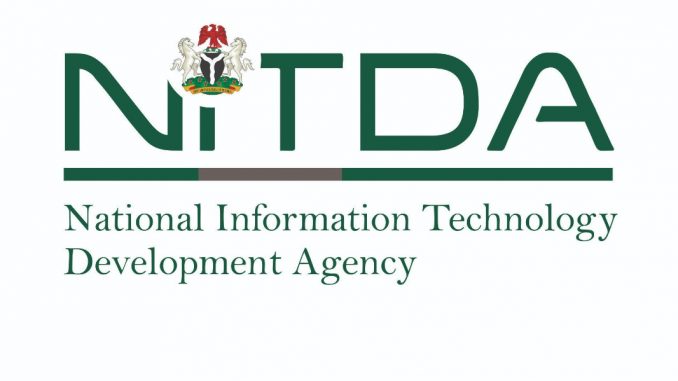Indications showing that the nation’s criminal justice system and its administrators may not be well acquainted on issues bordering on cybersecurity matters have been revealed.
A good number of cybersecurity experts who gathered recently in Lagos to look at the dangers inherent in criminal justice system as it concerns cyber threats, attacks and remedies expressed displeasures on lack of a strategic agency detailed to supervise issues of cybersecurity in an economy that is driving digital inclusion and Internet of Things (IoT).
Many of them said even though the Cybersecuirty Act passed about two years ago is on ground, facilitation and implementation of the provisions have been poor which translates to danger for every sector as threats and attacks can wipe out data and change the growing narrative of growth to failure.
According to them, effective cybercrime law is necessary with the advent of the Internet of things (IOT) where key industries are bringing more operations online which increases the potential scale and impact of cyber threats.
In an interview with a top IT Security and Connectivity consultant, Ahmed Adesanya, he blamed poor implementation of the cybercrime law on absence of a regulator or institution for the purpose of implementing it.
According to him, “I have a concern of not assigning its implementation to a regulator. This has been a road block to its implementation.”
He berated the National Information Technology Development agency (NITDA) which has adopted COBIT 5 as national cyber security framework but, continue to delay the needed action on the implementation of the framework.
He averred that the implementation of the framework will protect the few national infrastructures that are online such as NIMC and FRSC database.
Considering the weak approach to issues of digital security by the government, Adesanya advised corporate organization bodies to take cyber security issues seriously, saying “In other to combat cyber-attacks every organization must develop a security solution that supports different mobile OS, mobile devices and Apps. Secondly organization must implement a Bring Your Own Devices (BYOD) security policy”.
On the poor administration of criminal justice system in the area of cybersecurity, chief technical officer at Digital Encode, Oluseyi Akindeinde, decried that nobody had been either convicted or jailed under the cybercrime law since it became law.
He queried “How many people have been prosecuted or jailed due to cyber hacks in Nigeria. I guess this will give us the extent to which we can begin to assess the implementation of the law”.
In his further submission, Akindeinde called for a strategic national cyber security framework that will be driven by experts in line with international best practices.
Business Hilights recalls that following the recently concluded 2nd CyberSecurity Conference, a delegation of the Open Government Partnership (OGP) led by Ejike Njeze, co-Chair, visited the DG of NITDA, Dr. Isa Pantami and named him the Co-Chair, Technology and Innovation (Representing the Public Sector).
Njeze urged the DG to “step forward and assume his responsibility by providing the relevant support to the OGP Process in line with NITDA’s Mandate”.
Juliet Ibekaku, national coordinator OGP Nigeria and Special Assistant to the President on Justice Reforms, who formally presented the OGP National Action Plan document to the DG, disclosed that the project was a commitment signed by the President in July 2016 to implement a set of actions aimed at improving transpaency and open governance.
The Agenda includes ; access to information, physical transparency, anti corruption and citizen engagement. She further emphasized that as the IT developer and regulator, NITDA is charged with the task of providing the platform for technology and innovation to thrive.
Responding, Dr Pantami reiterated that technology is critical to running an open government and NITDA is prepared to throw its weight behind the national project as co-chair and in every capacity.
He said “The Agency possesses the technical competencies required to deliver the mandate and it will not shy away from its responsibilities. We will continue to engage with stakeholders to encourage innovation, build capacities and implement the National It Policy”. He noted that the OGP forum presented the country an opportunity to fight corruption, foster transparency, encourage and support indigenous technology, drive innovation and ensure compliance in both the public and private sectors all of which fall under NITDA’s mandate.








